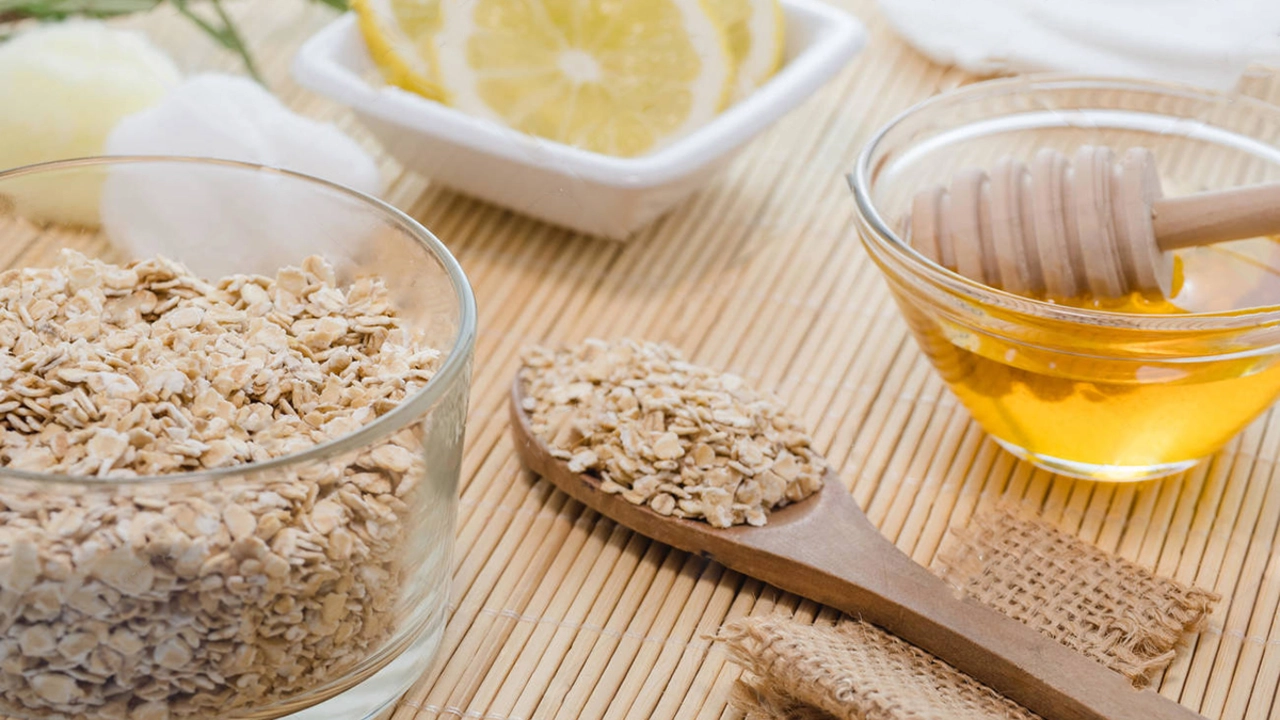Oats: Health Benefits, Types and How to Use Them
Oats are a cheap, versatile whole grain that fits into almost any meal. Want something that helps cholesterol, keeps you full, and works in both sweet and savory dishes? Oats do that. Below you’ll find clear, practical tips on choosing, cooking, and using oats every day.
Health benefits of oats
Oats are rich in soluble fiber called beta‑glucan. Eating about 3 grams of oat beta‑glucan daily can help lower LDL ("bad") cholesterol, which reduces heart disease risk. Oats also slow digestion, easing blood sugar spikes after meals—handy if you watch your glucose.
They’re filling, so a bowl of oats can curb midmorning snacking and support weight control. Oats supply steady energy from complex carbs and give you small amounts of iron, magnesium, and B vitamins. For gut health, the fiber feeds helpful bacteria, which improves regularity and digestion.
If you have celiac disease or a strong gluten sensitivity, buy oats labeled "gluten‑free." Regular oats can be contaminated during processing, so certified gluten‑free oats are safer.
Types of oats and how to pick them
Steel‑cut oats are whole oat groats chopped into pieces. They’re chewy and nutty but take longer to cook (20–30 minutes). Rolled oats (old‑fashioned) are steamed and flattened; they cook faster and work great for oatmeal and baking. Quick oats are thinner and cook very fast, but can turn mushy. Instant oats are pre‑cooked and often have added sugar—check the label.
Buy plain oats without added flavors or sugar. Store them in an airtight container in a cool, dry place; they’ll last several months. For longer storage, keep oats in the fridge or freezer to extend freshness.
Simple, useful ways to cook and use oats
Stovetop basic: 1 cup water (or milk) + 1/2 cup rolled oats. Bring to a simmer, cook 5–7 minutes, stir, then eat. For steel‑cut, use 1 cup water + 1/4 cup oats and cook 20–30 minutes. Ratio and time change with desired texture.
Overnight oats: mix equal parts milk and rolled oats (1/2 cup each), add yogurt or chia if you like, sweeten with fruit or honey, refrigerate overnight. Ready in the morning—no cooking needed.
Savory oats: cook rolled oats in broth, stir in sautéed greens, an egg, and a sprinkle of cheese for a quick savory bowl. Oats work in baking too—use them in cookies, muffins, or as a crumb topping.
Portion tip: a standard serving is about 40–50 g (roughly 1/2 cup dry rolled oats). Add protein (nuts, seeds, yogurt) to make the meal balanced and more satisfying.
Try swapping one meal a week for oats and notice the difference in energy and satiety. Small changes add up—start with a simple overnight oats mix and build from there.
Oats: The Secret Ingredient to a Healthier, Happier You
I've recently discovered the amazing benefits of oats and I just had to share it with you all! Oats are not only a delicious and versatile ingredient, but they're also packed with nutrients that can improve our overall health and well-being. They're a great source of fiber, which helps with digestion and keeps us feeling full longer. Plus, they can help lower cholesterol and even improve our mood. So, next time you're looking for a healthy, satisfying meal or snack, don't forget to include oats!






